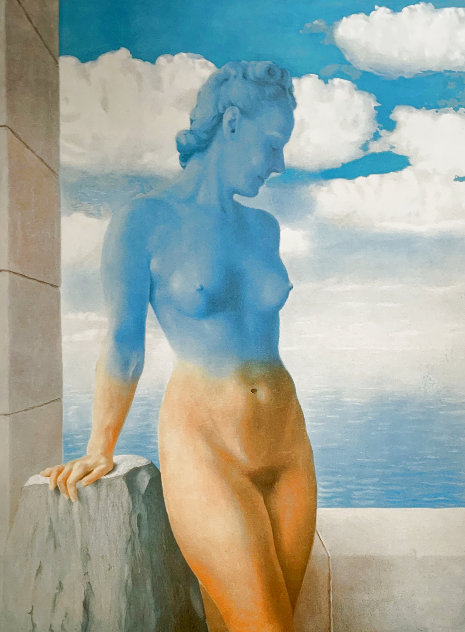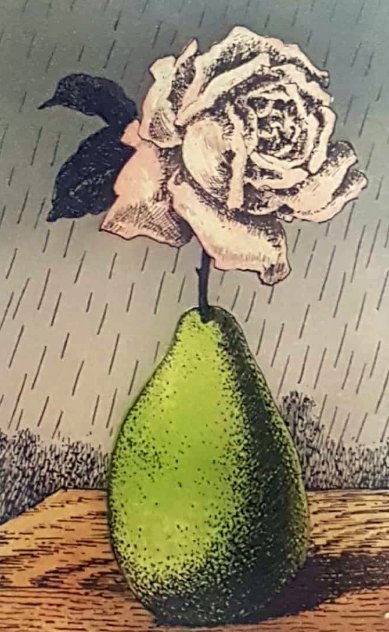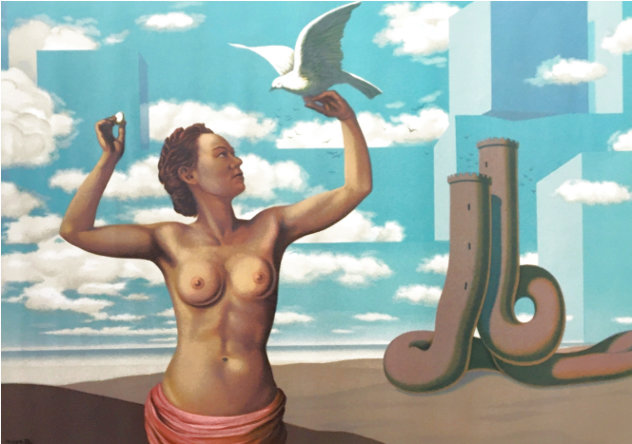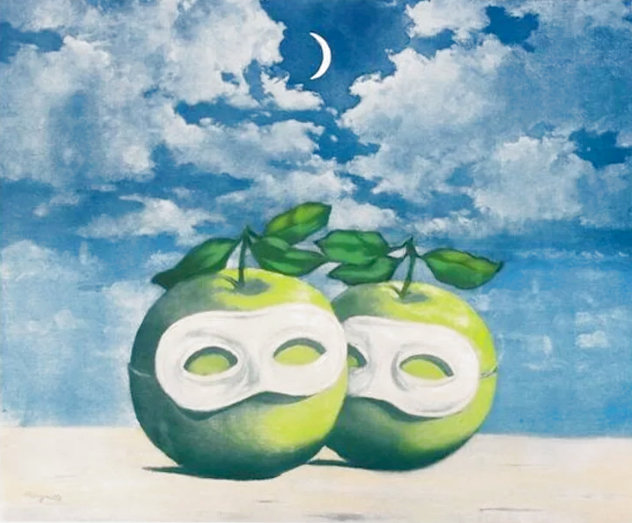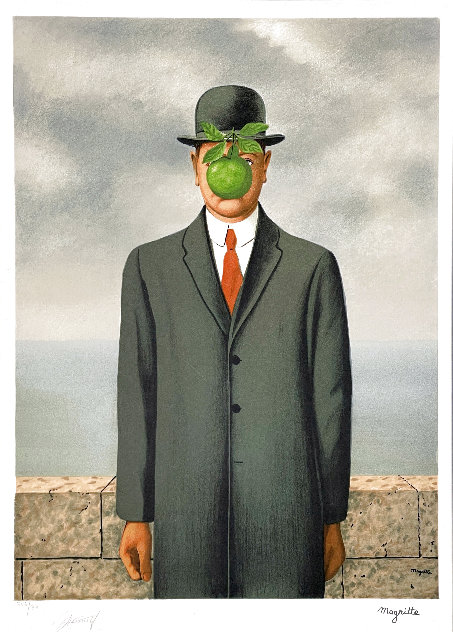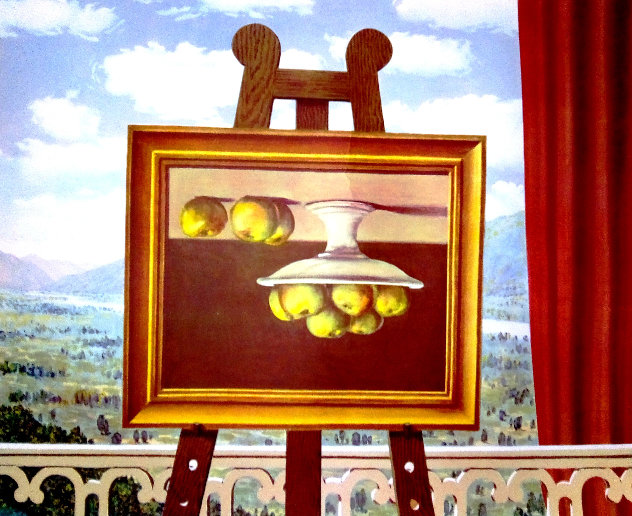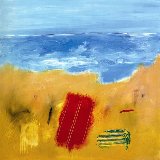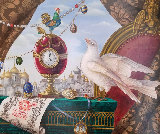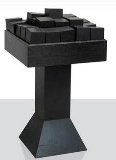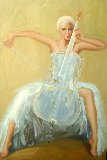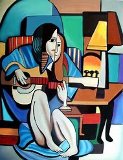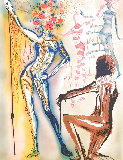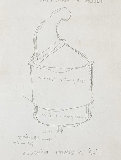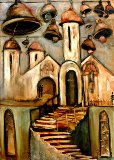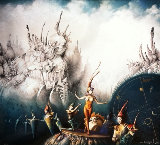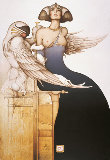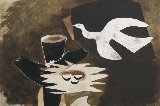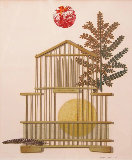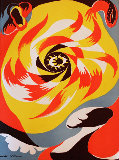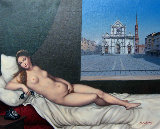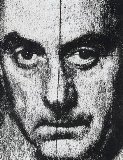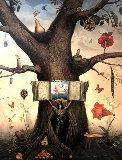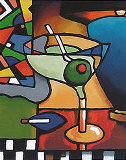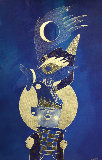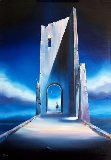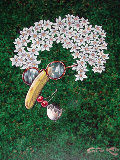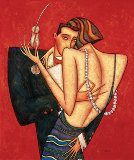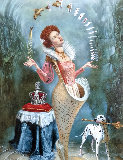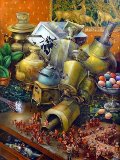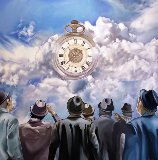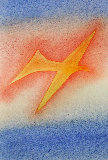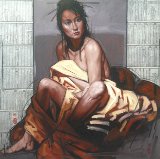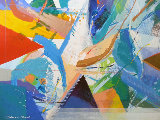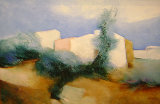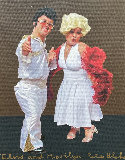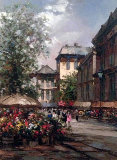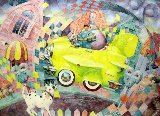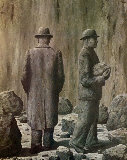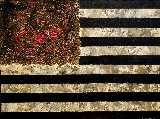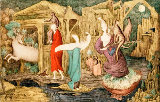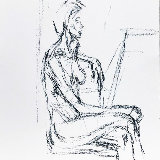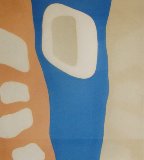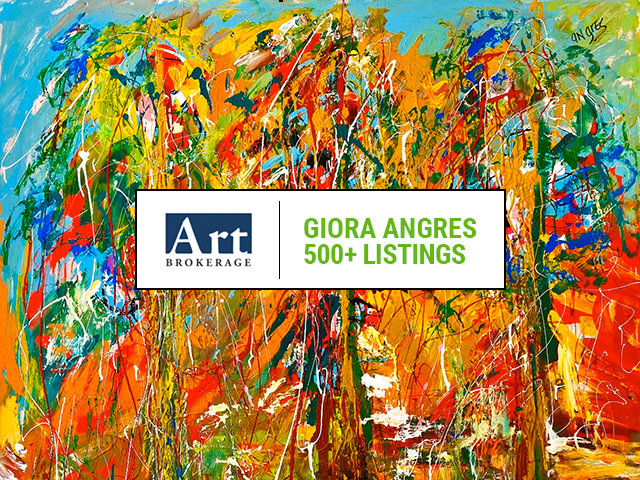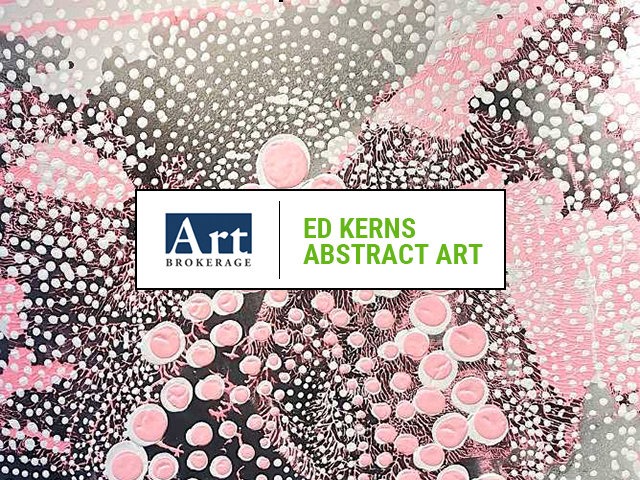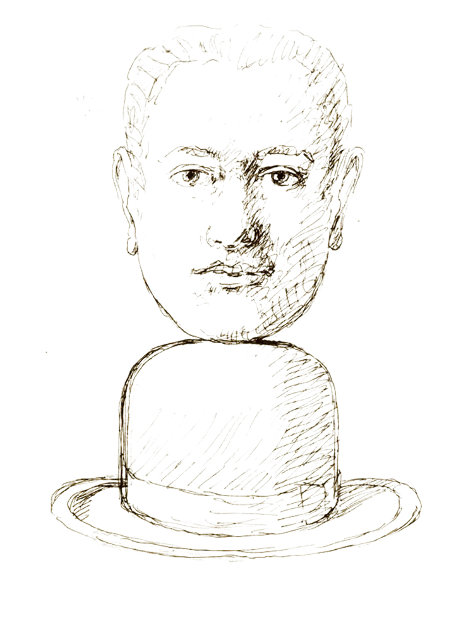



L'homme Au Chapeau Melon 1968
Rene Magritte
Limited Edition Print : Etching, Black and White on on Japon Paper
Size : 11x8.75 in | 28x22 cm
Edition : From the edition of XXV
-
Sold Blue Chip
SOLD I have one and want to sell it
Year1968
Plate SignedWith Artists Signature Stamp And Stamp Reading “Gravure Originale Atelier Rene
Condition Excellent
Not Framed
Provenance / HistoryProvenance: The estate of Dr. Seymour Ira Schwartz, Rochester, New York. Seymour I. Schwartz, (January 22, 1928 – August 28, 2020) was the Distinguished Alumni Professor for the Department of Surgeryat the University of Rochester in Rochester, New York .
Story / Additional InfoNote: This is plate IV (of four) illustrating the volume “Le LIen de Paille,†by Louis Scutenaire .
During 1967 and some months prior to his death in August of that year Magritte initiated a project with George Visat, Director and Master Printer of Atelier Georges Visat in Paris. Magritte presented Visat with a number of colour sketches which were proposed to be studies for colour engravings. Unfortunately the artist fell ill and died before these could be produced.
Certificate of AuthenticityArt Brokerage
LID146324
Rene Magritte - Belgium
Art Brokerage: Rene Magritte Belgian Artist: b. 1898-1967. Belgian Artist René Magritte was born in Lessin the son of a wealthy manufacturer. After his mother committed suicide in 1912, Magritte entered the Académie des Beaux-Arts in Brussels in 1916. Some of his early paintings, for example 'Three Women' (1919), were in a Cubo-Futurist style, reminiscent of early Picasso. Rene Magritte married Georgette in 1922 and for the next three years supported the household through a number of dismal jobs such as painting cabbage roses for a wallpaper factory. In his free time he experimented with various styles of painting eventually realising Surrealism was his preferred means of expression. Among Magrittes' first works in this vein were 'The Menaced Assassin' (1926) and 'The Lost Jockey' (1925), the latter of which he produced many variants upon throughout his career. Around the same time he founded, with the Belgian poet and collagist E.L.T. Messens, the reviews Oesophage and Marie which launched Belgian Surrealism. In 1927 Rene Magritte had his first one-man show at the Galerie Le Centaure in Brussels. At this time he was producing almost a painting a day. Later that year he moved to Paris to join the Surrealists. This period up to 1930, Magritte described as his 'Cavernous' period with paintings depicting macabre and bizarre scenes tinged with eroticism. After falling out with André Breton, Magritte moved back to Brussels where he would remain for the rest of his life. His work was consistently true to Surrealism throughout almost his entire career. He incorporated many favourite recurring themes into his work for example floating rocks, paintings within paintings and inanimate objects with human features. The bowler-hatted figure also appears regularly and is seen by some as a self-portrait. Occasionally Magritte worked on Surrealist versions of famous paintings such as Manet's 'The Balcony', in which he replaced the subjects with coffins. He later produced sculptures along these lines and it was this playful yet provocative sense of humour that was to inform many of his best works. In his series of pipe paintings, this fascination with the paradoxical is clearly seen; the words 'Ceci n'est pas une pipe' underneath a picture of a pipe have prompted endless philosophical, linguistic and semantic debates. Magritte's paintings challenge the everyday, the notion of common sense. All Artwork must have authenticity paperwork.

